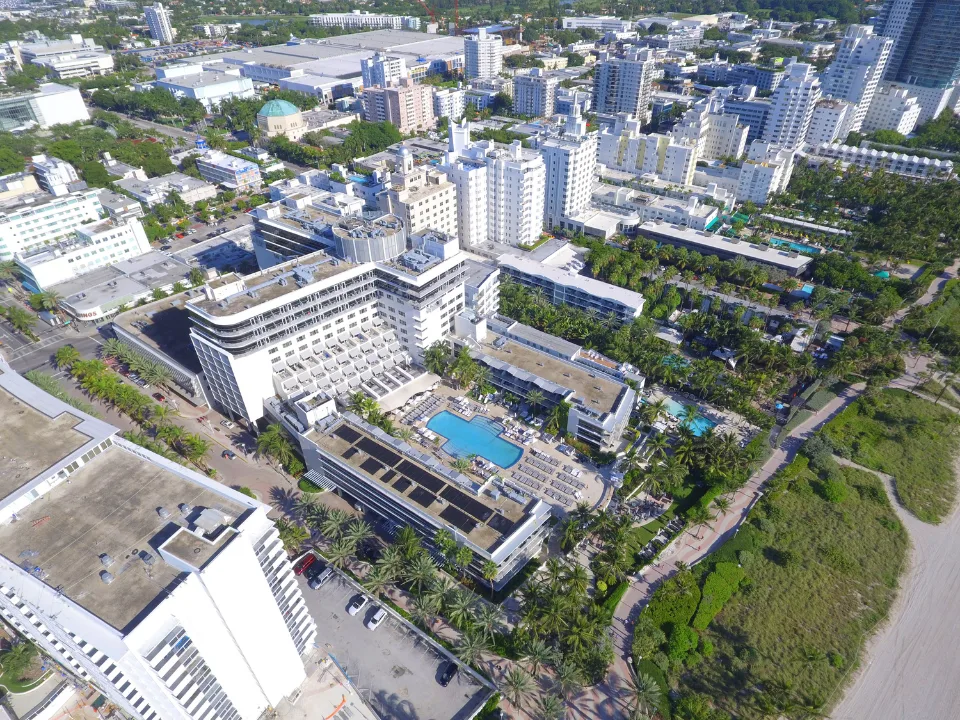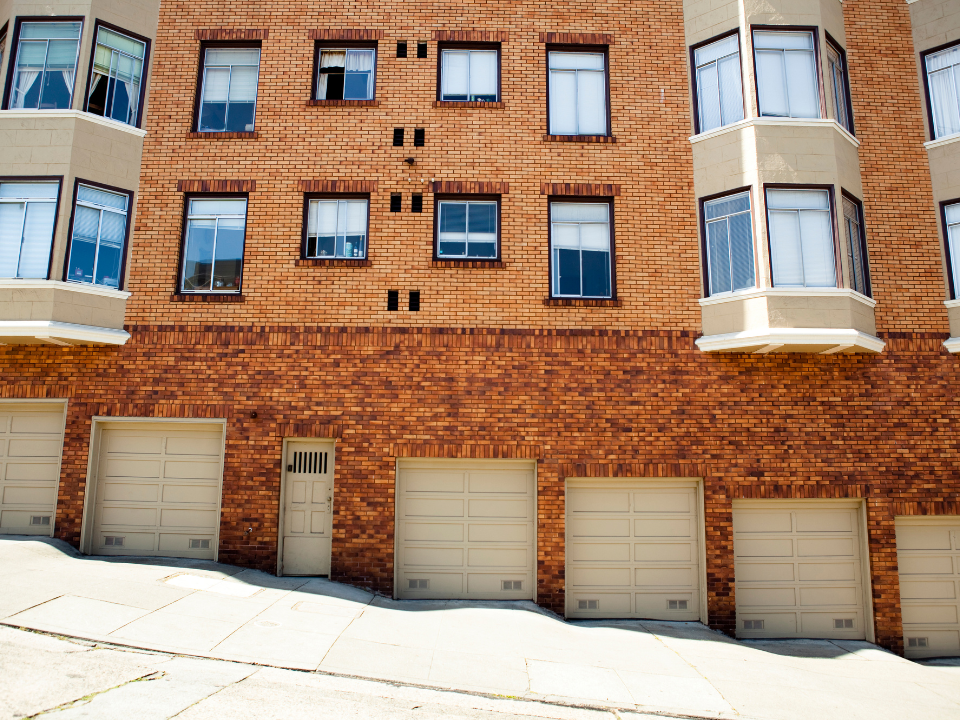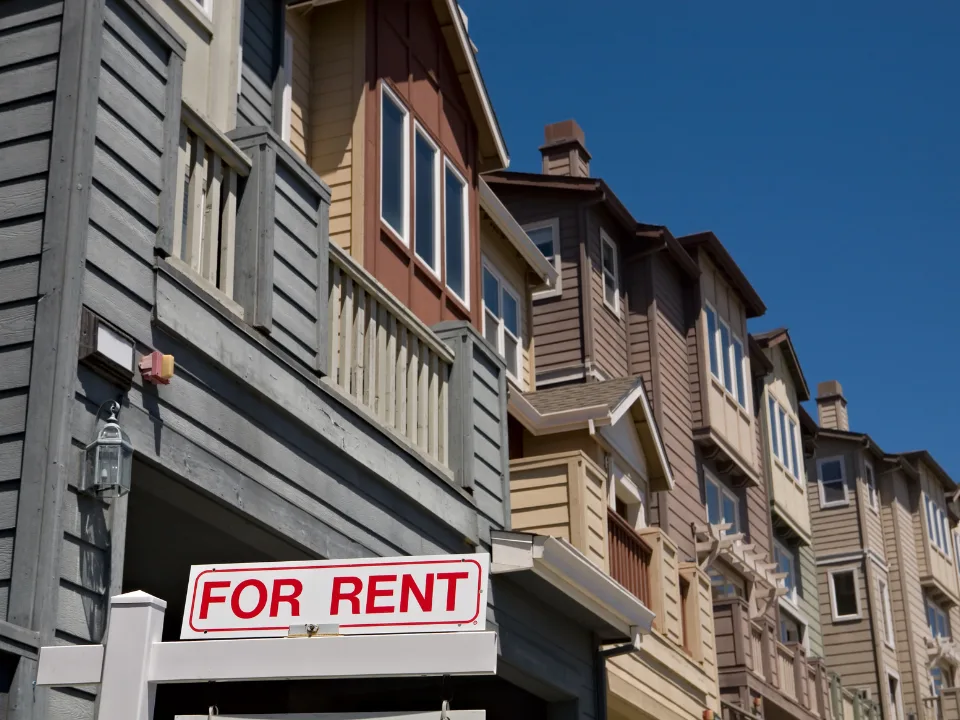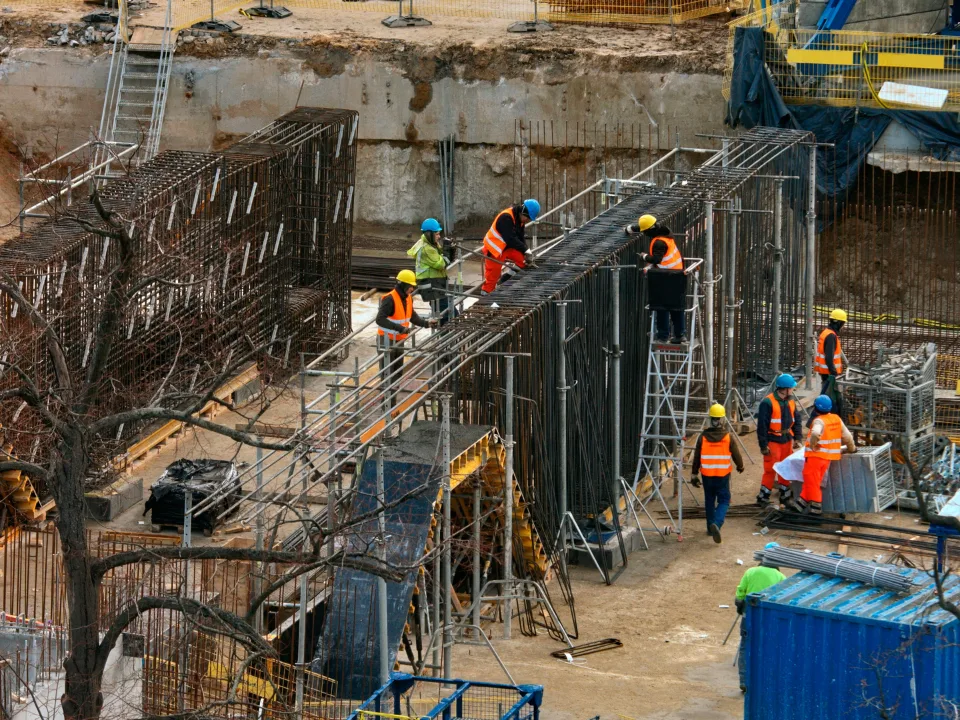- Proposition 33 on the November ballot seeks to repeal the Costa-Hawkins Act, which limits rent control in California.
- If passed, San Francisco plans to expand rent control to buildings built through November 2024.
- The proposal could impact 40% of renters who currently do not qualify for rent control due to state restrictions.
- Developers warn this could stifle new construction, worsening the city’s already slow housing production.
Aaron Peskin, President of San Francisco’s Board of Supervisors, introduced an ordinance extending rent control to multifamily buildings built between June 1979 and November 2024.
What’s Happening
As reported in the San Francisco Chronicle, the rent control proposal hinges on the success of Proposition 33, which will appear on California’s November ballot.
Specifically, this measure would repeal the Costa-Hawkins Rental Housing Act of 1995, allowing cities more freedom to impose rent control.
Impact on Renters
If the proposition passes, San Francisco could see the largest rent control expansion since the 1970s. For context, around 40% of San Fran renters are not currently protected by rent control.
Rent control would limit annual rent growth for multifamily tenants, offering more stability amid San Francisco’s fluctuating real estate market.
Developer Concerns
While the proposal seeks to help renters, developers argue that expanding rent control would be catastrophic for future residential construction.
With San Francisco struggling to meet state mandates to build 82K new units by 2031, critics believe additional restrictions could discourage investments in the housing market.
Divisive Issue
Polls show mixed support for Prop 33, with 40% of respondents in favor of the proposal, 34% against it, and the rest undecided.
- Developers and opponents argue that eliminating Costa-Hawkins would lead to a reduction in housing supply.
- However, rent control advocates emphasize the importance of protecting tenants in an increasingly expensive housing market.
Looking Ahead
The future of rent control in San Francisco depends on the outcome of Proposition 33.
If passed, Peskin’s ordinance would be enacted, expanding rent protections to a significant portion of the city’s residents and potentially reshaping the local housing landscape.
















